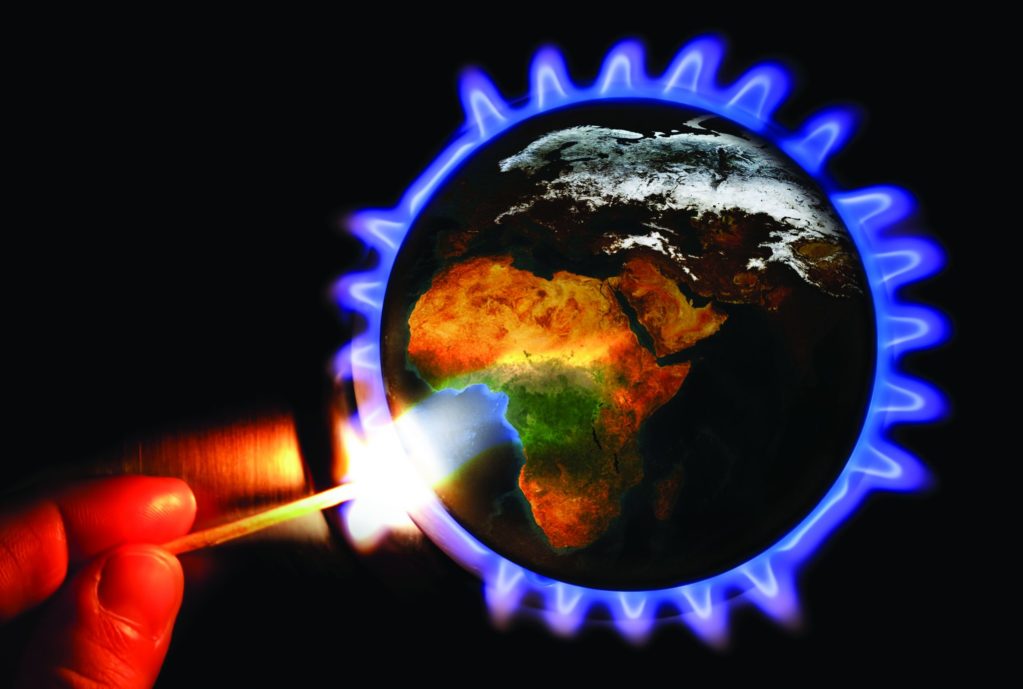Most of Africa is currently engulfed in an energy emergency.
For a continent blessed with some of the largest power generating potential in the world, it’s an ironic tragedy, at par with any epidemic Africans have ever experienced. As things stand, the prospects for prosperity are bleak.
This has been Africa’s sour story for too long. Without power, social and intellectual fecundity and creativity is hobbled; innovation, doomed. From Cape Town through Calabar to Casablanca and Cairo, failed power projects litter the land. Africa now reportedly generates less power than many European nations.
In view of the contending economic, ecological and social priorities, Africa’s humungous power deficit must now be viewed as a crisis, and an opportunity. A crisis in desperate need of modern energy solutions, fresh investments and political will. This variegated mindset is essential if Africa is to find its way out of the dark maze.
The use of off-grid, renewable technologies, for instance, will attenuate some of the darkness, create opportunities to increase agricultural productivity, improve Africa’s resilience to climate change, and contribute to long-term reductions in dangerous carbon emissions across the African landscape.
Loading...
At stake is the global relevance, social progress and economic productivity of Africa’s nearly 1 billion people. Universal access to power is the goal. But how do you measure the compounded return on development initiatives brought about by lighting up an entire city or village? Experts say an estimated $850 billion will be required to achieve universal power access for Africa by 2030.
Depending on which book you’re reading, between 1 billion and 1.5 billion people lack access to modern forms of electricity worldwide, and three billion cook on smoky, soot-stained stoves and outdoor fires. Chances are (no marks for guessing) many of these folks are in Africa.
Analysts at McKinsey & Co. say Africa has 13% of the world’s population, but 48% of the share of the global population without electricity. The only other region with a similar imbalance is South Asia, with 23% of the world’s population and 34% of the people without access to electricity.
Only seven countries in Africa – Cameroon, Côte d’Ivoire, Gabon, Ghana, Namibia, Senegal and South Africa – have electricity access rates exceeding 50%.
The International Energy Agency (IEA) says 55% of Nigerians, 70% of Ivorians, 76% of Ethiopians and 85% of residents of the Democratic Republic of Congo do not have access to electricity. A 2015 report by the Africa Progress Panel, People, Power, Planet, confirms this dark reality: 621 million Africans have no access to electricity. That’s two out of every three Africans.
The report warns that global demand for modern energy is set to surge, fueled by economic growth, demographic change and urbanization. “As the costs of low-carbon energy fall, Africa could leapfrog into a new era of power generation. Utility reforms, new technologies and new business models could be as transformative in energy as the mobile phone has been in telecommunications.”
The World Bank says Africa’s power consumption, at 124 kilowatt-hours per capita per year and falling, is only a tenth of that found elsewhere in the developing world, barely enough to power one 100-watt light bulb per person for three hours a day.
Thankfully, Africa does not suffer from a dearth of energy resources. Kenya is currently ranked the seventh-highest producer of geothermal power globally, as the second phase of the Olkaria geothermal plant comes on stream.
South Africa’s Medupi power station, the fourth largest coal plant in the southern hemisphere, recently received a $2.1 billion loan from the African Development Bank (AfDB).
Morocco, Africa’s poster child for clean energy, spends over $3 billion annually on fuel and electricity imports. The country aims to generate 42% of its energy from renewable sources by 2020.
Most multinationals and manufacturing firms in Nigeria disengaged from the national grid years ago. Investing in captive power plants to remain competitive, they now generate about 1,600MW of power off-grid.
Power firms, like Cummins Incorporated and Clarke Energy, working with General Electirc and local players like CET Power, are mostly behind these efforts, designing, constructing, operating as well as maintaining gas-fueled power plants across the country.
Power proposals for Africa abound. We have the Britain’s Energy Africa, United States President Barack Obama’s Power Africa and the AfDB’s New Deal on Energy.
We now need to switch on these plans.
Loading...
